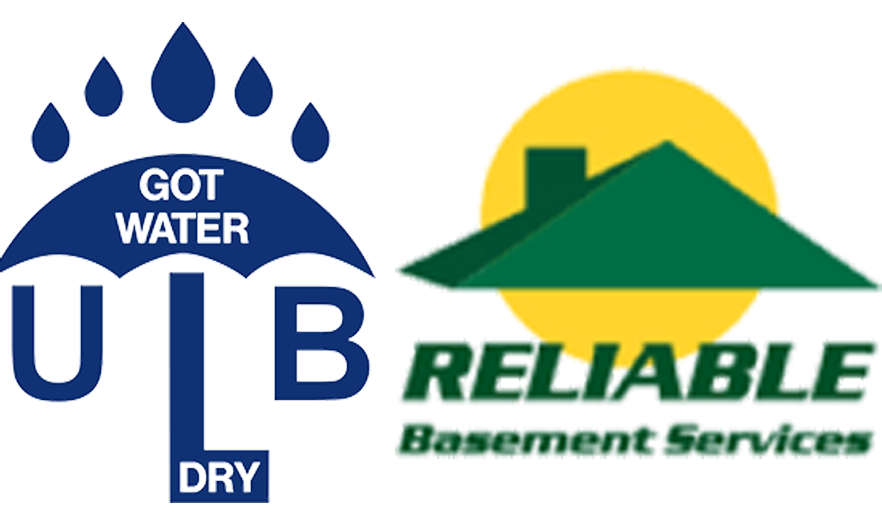
When it comes to basement waterproofing, tie rods play a crucial role in ensuring the structural integrity of your basement. Tie rods are horizontal metal bars that are inserted into the mortar joints of the basement walls. They provide stability and prevent the walls from bowing or collapsing under pressure. Tie rods act as reinforcement, distributing the load evenly and reducing the risk of wall failure.
Are you looking for some information about tie rods and how they work? If so, you’ve come to the right place. This basement waterproofing company in Channahon, Illinois is going to review some of the key things you should know about them below.
How Tie Rods Work in Basement Waterproofing
Tie rods work by exerting pressure on the basement walls, counteracting the external forces that can cause them to bow inward. When installed properly, tie rods create a tension force that strengthens the walls and prevents water intrusion. The rods are typically installed at regular intervals along the walls, ensuring uniform support and stability. By evenly distributing the load, tie rods help to maintain the structural integrity of the basement walls and prevent water from seeping in.
Tie rods are usually made of high-quality steel, ensuring their durability and strength. They are corrosion-resistant and designed to withstand the pressure exerted by the surrounding soil. When combined with other waterproofing techniques — such as exterior drainage systems and interior sealants — tie rods provide comprehensive protection against water intrusion.
Signs of Tie Rod Failure in Basement Walls
While tie rods are crucial for basement waterproofing, it is important to be aware of the signs of tie rod failure. One common indication is the presence of horizontal cracks in the basement walls.
These cracks may be accompanied by bowing or bulging walls, indicating that the tie rods are no longer providing adequate support. Additionally, if you notice water seepage or dampness in your basement, it could be a sign that the tie rods have failed or that additional waterproofing measures are required.
If you suspect tie rod failure, it is crucial to address the issue promptly. Ignoring the problem can lead to further damage to your basement walls and compromise the structural integrity of your home. Contacting a reputable basement waterproofing company in Channahon, Illinois is the best course of action to assess the situation and implement the necessary repairs.
Common Misconceptions About Tie Rods in Basements
There are several misconceptions surrounding tie rods in basements that need to be addressed. One common misconception is that tie rods are a permanent solution that will eliminate all water intrusion.
While tie rods can be integral to your basement’s stability, most basement waterproofing companies in Channahon, Illinois recommend using them along with other methods to provide the highest level of protection. Exterior drainage systems, interior sealants, and proper grading around the foundation are all essential components of an effective waterproofing system.
Another misconception is that tie rods are only necessary in areas with high water tables or frequent flooding. However, even in areas with relatively low groundwater levels, the pressure exerted by the surrounding soil can still cause basement walls to bow or collapse. With that said, tie rods should be considered an essential preventive measure for all homeowners, regardless of their location.
Looking for a Basement Waterproofing Company in Channahon, Illinois?
Are you wondering whether tie rods are right for your basement? Looking for a reputable basement waterproofing company in Channahon, Illinois that can help you make that determination? If so, our team at ULB-DRY Waterproofing can guide you in the right direction.
Our professionals will assess your basement’s condition, provide expert recommendations, and implement effective waterproofing solutions that are tailored to your needs. Contact us today to schedule an inspection.





